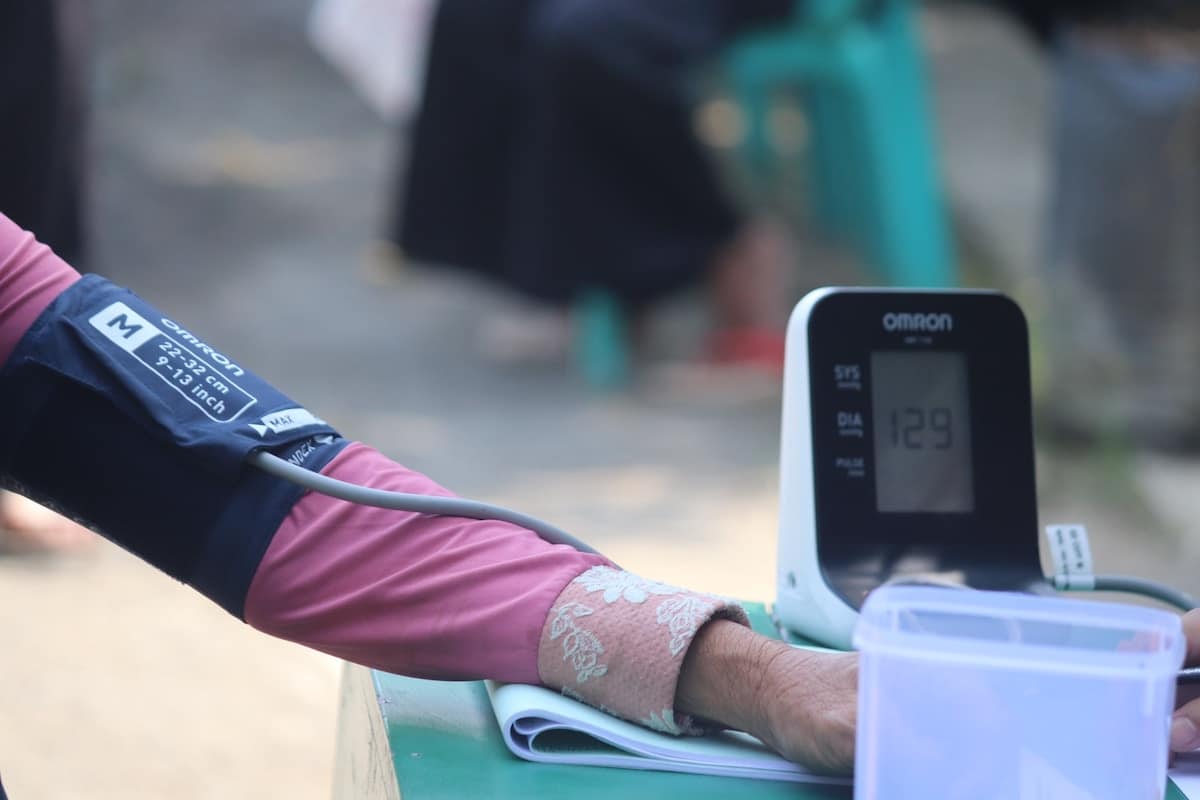Table of Contents
Hypoactive Sexual Desire Disorder (HSDD) can be hard to understand, especially when your treatment reacts to hypotension and other condition. The symptoms are so varied and confusing it’s more than likely that you’ve heard people describing HSDD as “I don’t know what’s wrong with me.”
But wait; if you have HSDD, at least some of your symptoms could be treated. That’s why this article is here to help. In this post, we’ll explain everything you need to know about the heart problems associated with HSDD and then share our personal treatment experience along with a website link so you can learn more.
The Truth Behind Hypoactive Sexual Desire Disorder (HSDD)
Hypoactive Sexual Desire Disorder (HSDD) is a condition that affects a lot of women. Low interest in sex and low sexual desire characterizes it.
If you think you might have HSDD, you might also feel like something isn’t right with your body or your relationship with your partner. You could feel like there’s something wrong with you—that there’s something wrong with how you look or act sexually. But it doesn’t have to be that way.
The truth behind HSDD is that it’s not a disease but a common problem affecting millions worldwide. It is essential to learn about HSDD as it can happen to both men and women. Many factors cause it, including hormones, stress levels, depression, medications, and other medical conditions.
How Would You Know if You Have an HSDD?
If you have a hypoactive sexual desire disorder, you may feel like your sex drive is always low. The problem is that the symptoms of an HSDD can be tough to recognize.
The most common symptom of an HSDD is a lack of sexual interest or desire. If you find yourself feeling less interested in sex than other people, or if it seems as though your sex drive has dropped in recent years, there’s a good chance you have a problem.
Another symptom of HSDD is low levels of arousal during sexual activity. You may struggle to get aroused and lose interest in your partner’s body parts quickly once they start touching them (or vice versa). It can lead to frustration on both sides, making the experience even worse for both partners if they don’t get what they need from their partner’s body language signals.
Some people with HSDD also experience an inability to orgasm during sexual intercourse. It can make it difficult for either partner to reach climax during sex and create tension between them because neither feels comfortable telling the other when they need more touch or information about what feels good for them.
What Are the Causes of Hypoactive Sexual Desire Disorder?
There are many possible causes of this condition, but most doctors agree that one or more medical conditions may be to blame. A hormonal imbalance may cause it, so you’ll likely want to work with your doctor to check your hormone levels and see if there’s anything you can do about it.
It may also stem from psychological issues, so if you’re having trouble getting turned on, it’s best to talk with a therapist or psychologist who can help you find new ways to cope.
Suppose there is no physical reason for your lack of interest in sex. In that case, it’s likely that something emotional is causing it—a breakup, losing someone close to you, or simply feeling overwhelmed at work all have the potential to make you decide not to have sex with your partner.
What Are the Treatments Available for Hypoactive Sexual Desire Disorder?
There are various treatment options for hypoactive sexual desire disorder, including lifestyle changes and medications. Some of the most common treatments for HSDD include:
- Lifestyle Changes: The first step in treating HSDD is ensuring you get enough sleep, exercise, and eat well. If you are tired or stressed, it could be a symptom of HSDD.
Exercising regularly can help boost your mood and energy levels, which will help improve your sex drive. In addition, eating healthy foods such as fruits and vegetables can also help boost your energy levels and improve blood flow throughout your body (which helps with arousal).
- Medications: The next step in treatment is usually adding a medication called flibanserin to your existing regimen of medications. The FDA approved flibanserin as a drug that addresses symptoms associated with low libido in premenopausal women.
It has also been approved for use in postmenopausal women who experience low libido symptoms (but not necessarily low desire). This medication has shown promise as an effective treatment.
The Possibility of the Treatment’s Side Effects, Including Hypotension and Other Conditions
It is essential to recognize that the treatment of HSDD can cause some side effects, including hypotension (low blood pressure). Hypotension occurs when your blood pressure drops below the normal range. It can cause dizziness, fainting, and even unconsciousness in some cases.
It is crucial to understand that the symptoms of hypotension are often similar to those of other conditions, such as high blood pressure or diabetes. Therefore, it may be hard to diagnose yourself if you have any of these other conditions.
The possible side effects of treatment include hypotension and other conditions such as tiredness, dizziness, nausea, problem sleeping, and dry mouth.
Remember to consult your doctor if more severe side effect happens during your medication period.
Final Thoughts
HSDD is a potentially debilitating neurological condition, but there are treatments to reduce symptoms and keep you in the best shape possible. The key to managing HSDD is knowledge.
It can often mean the difference between coping with your symptoms and living an entire life versus watching your daily tasks become impossible obstacles. Seek help if you suffer any symptoms of HSDD and consistently report adverse side effects that you experience from medications.


